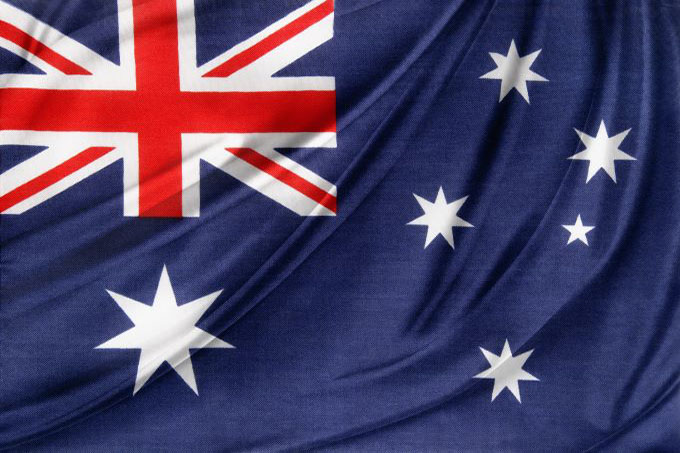 So far this week, the Australian dollar has advanced 0.10 percent against the US dollar, attempting to recover from last week's losses.
So far this week, the Australian dollar has advanced 0.10 percent against the US dollar, attempting to recover from last week's losses.
Reserve Bank Assistant Governor Chris Kent said on Monday that the expansion of balance sheets is adding monetary stimulus and that the current attempt to ease the financial conditions is been greater than during the 2008 financial crisis. He also said that given the current economic outlook and the high unemployment levels, policy support may be needed for some time.
Regarding the employment levels, he commented that he wants the labor market conditions to be consistent with the bank's 2-3 percent target range. Because of this, the bank does not plan to increase the cash rate until the inflation rate is in the target range.
On Tuesday, the Reserve Bank of Australia released its October minutes. The minutes state that the bank's governing board agreed to maintain an accommodative policy as long as it's needed. The members of the committee expressed their optimism for the global economic outlook, as they observed that the economy is now gradually recovering.
However, they highlighted that the continuation of this recovery depends on the containment of the Covid-19 pandemic, which so far has infected 41,487,185 individuals around the world and has killed 1,136,341. In Australia, 27,458 cases have been reported, as well as a death toll of 905. Recently the press reported that the Australian State of Victoria may have recorded the first known covid-19 reinfection in the country.
The Bank's governing board also discussed the possibility of implementing additional easing measures in order to support the economy, which is now experiencing its biggest contraction since 1930. The board commented that the third-quarter contraction was smaller than expected, as well as milder compared to the performance of other countries. They also highlighted that economic recovery is now happening in most of Australia, though in the State of Victoria (which recently dealt with a surge in the number of Covid-19 cases) the economic situation has been heavily affected due to the restrictions.
As per the unemployment levels, they expect it to be high for an extended period, so addressing this problem is now a priority. Economic recovery is expected to be slow and uneven, while they foresaw the inflation level to remain subdued, though refusing to rely on their forecasts to make decisions.
Regarding the state of the Australian financial system, the bank's governing board commented that it remains resilient. If the sector gives signs of dysfunction, the bank is willing to make extra government securities purchases.
Due to the performance of the Australian dollar, the committee discussed the effects of larger balance sheet expansions (relative to the RBA's) by other central banks, which were contributing to lower sovereign yields and its effects on the value of the Australian currency. They also discussed the bank's forward guidance.
On Wednesday, the Melbourne Institute published the Westpac Leading Index, which attempts to measure economic activity. The index stood at 0.22 percent in September (month-to-month), after being at 0.49 percent in the previous month. The Australian Bureau of Statistics reported that retail sales went down by 1.5 percent, after contracting by 4 percent in the previous month.
